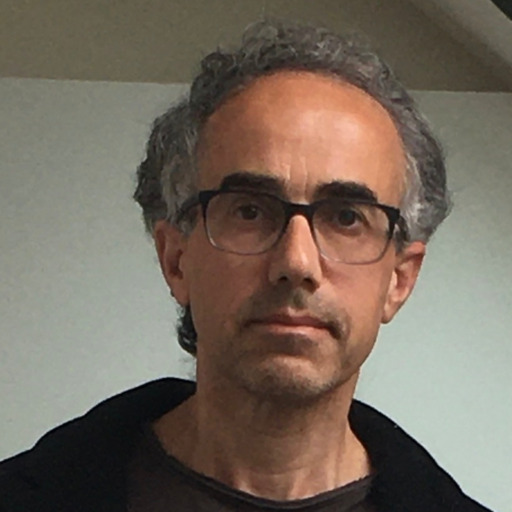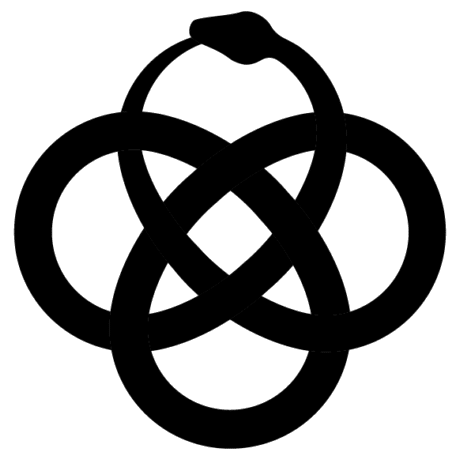Mostafa Kazemian

As a certified Jungian analyst (CGJI-Zürich/IAAP member) with more than 12 years of clinical experience in psychotherapy and psychiatry I am working currently in private practice in Berlin and online in English, Persian (Farsi) & German Languages.
After several years of clinical practice as medical doctor in Iran and since 2006 I have been living, studying and clinically practicing in Switzerland, Austria and Germany. During these years I have worked with clients with a wide range of psychological problems and from different cultural and social backgrounds. So, besides my psychotherapeutic work with the clients suffering diverse symptoms of psychic disorders (like anxiety, depression, addiction, etc.) as well as engaging with their existential questions considering the meaning of life, one important aspect of my clinical work has been the intercultural issues in psychotherapy.
Considering the main Jungian concept of ‘Individuation‘, I have been engaged in the question of the mutual relationship between ‘Individual and Collective’. This subject made also the main topic of my final thesis at the C.G. Jung institute Zürich.
Since 2008 and parallel to my therapeutic work I have studied Philosophy, Religious Studies and Interdisciplinary Anthropology at the universities of Salzburg, Basel and Freiburg. In my private life I am interested in Cinematography, Music, photography and Literature.
Approach:
For me an ideal therapeutic relationship is based on mutual understanding, clarity and a trustful atmosphere in the therapy room. In psychotherapeutic conversations I am intended to understand individuals in their whole existence and personality; it means, not only through their special individual characteristics, but also regarding their social, historical and cultural backgrounds. In this respect, the one’s relationships to others, to the world around and nature are considerable issues.
An analytical approach aims at remembrance, making a renewed connection to our inner world, (re-)knowing the forgotten deep wishes and living one’s life. Beside knowing better the one’s individual conflicts/complexes, a psychoanalytical approach intends to help individuals develop a deeper understanding and acceptance of themselves and find a very own individual way in life.
More than thinking, there are other psychic functions like: feeling (emotions), intuition and sensation as well as imagination (dreams, phantasies and creativity), which could be considered in a therapy to enable positive changes and development, especially during the periods of crisis.
Education:
2016-2021 Diploma Psychoanalyst, CGJIZ
2018-2021 M.A. in 'Interdisciplinary Anthropology', Albert Ludwigs University Freiburg
DAS course in religious studies, University of Basel
2016 Medical (FMH) education and training in psychotherapy, CGJI Zürich
2013 German Medical Approbation
2006-2009 Further Education Program in Analytical psychology, C.G. Jung institute Zürich
Philosophy; University of Salzburg
1990-1997 M.D., Mashhad University of Medical Sciences, Iran
مصطفی کاظمیانروانکاو، پزشک و رواندرمانگر
رویکرد
یک روان درمانیِ موفق از نگاهِ من به فهم متقابل، روشنی در زبان و اعتماد نیازمند است. ازین رو فهمِ فرد در کلیت شخصیت و تجاربش اهمیت پیدا می کند. یعنی، نه تنها در توجه به خصوصیات شخصیتی منحصر به فرد او، که همچنین در شناخت پس زمینه های فرهنگی، اجتماعی و تاریخی اش و نیز در توجه به رابطه ی او با دیگران، طبیعت و هستی
رویکردِ روان درمانیِ تحلیلی به بازسازیِ ارتباطِ شخص با جهانِ درونی اش، و نیز بازشناسیِ میل ها و رویاهای گاه فراموش شده ی او معطوف است. افزون بر اندیشیدن، عملکردهای روانیِ بااهمیت دیگری از جمله عواطف و هیجانات، شهود، حس ها، تخیل و رویاها وجود دارند که می توانند در جریانِ گفتگوهای درمانی و بخصوص در زمانِ بحرانهای روحی مورد توجه قرار گیرند..بروز شکایات یا بحران روحی-روانی، البته امکانِ مواجهه با خود’ و با آنچه بواقع هستیم’ را هم می دهد; از این جهت، این سمپتومها علیرغم درد و رنجی که می توانند بهمراه داشته باشند (که البته طبعا به رسیدگی بالینی و کاستن از شدتشان نیاز دارند)، در خود اشاره هایی را هم برای توجه به مسئله ای فراموش یا سرکوب شده، و امکانهایی برای تغییر مثبت یک شیوه ی زندگی و نیز دگرگونی های جدی تر و رشد فردی به همراه دارند
تجربه بالینی
بعد از گذراندنِ یک دوره ی هفت ساله ی فعالیت بالینی در ایران، من از سال ۲۰۰۶ ایران را ترک و برای گذراندن یک دورهی تحصیلات تکمیلی در روانشناسی تحلیلی راهی زوریخ شدم. بعد از آن و از سال ۲۰۰۹ بشکل پیوسته بعنوان دستیار تخصصی روانپزشکی و روان درمانی در آلمان و بعدتر در سوییس به فعالیت بالینی مشغول بوده ام. فعالیت درمانی من طی این سالها با مراجعین متفاوتی با شکایات افسردگی، اضطراب، وابستگی، اختلالاتِ روان-تنی، اسکیزوفرنی و … بوده است. بعد از تکمیلِ دوره ی روانکاوی بین سالهای ۲۰۱۶ تا ۲۰۲۱ درانستیتو یونگ زوریخ، از نوامبر سال گذشته بعنوان روانکاوِ تایید شده این انستیتو بصورت مستقل (و در حال حاضر در برلین) به فعالیت مشغولم.از جمله موضوعات مورد علاقه و تحقیقم می توانم به رویکرد بینا فرهنگی در روان درمانی، موضوع مهاجرت، فردیت، رابطه ی متقابلِ فرد (سوژه) و اجتماع و سیاست، و نیز خوانش و فهم سمبلها، رویاها و افسانه ها اشاره کنم
